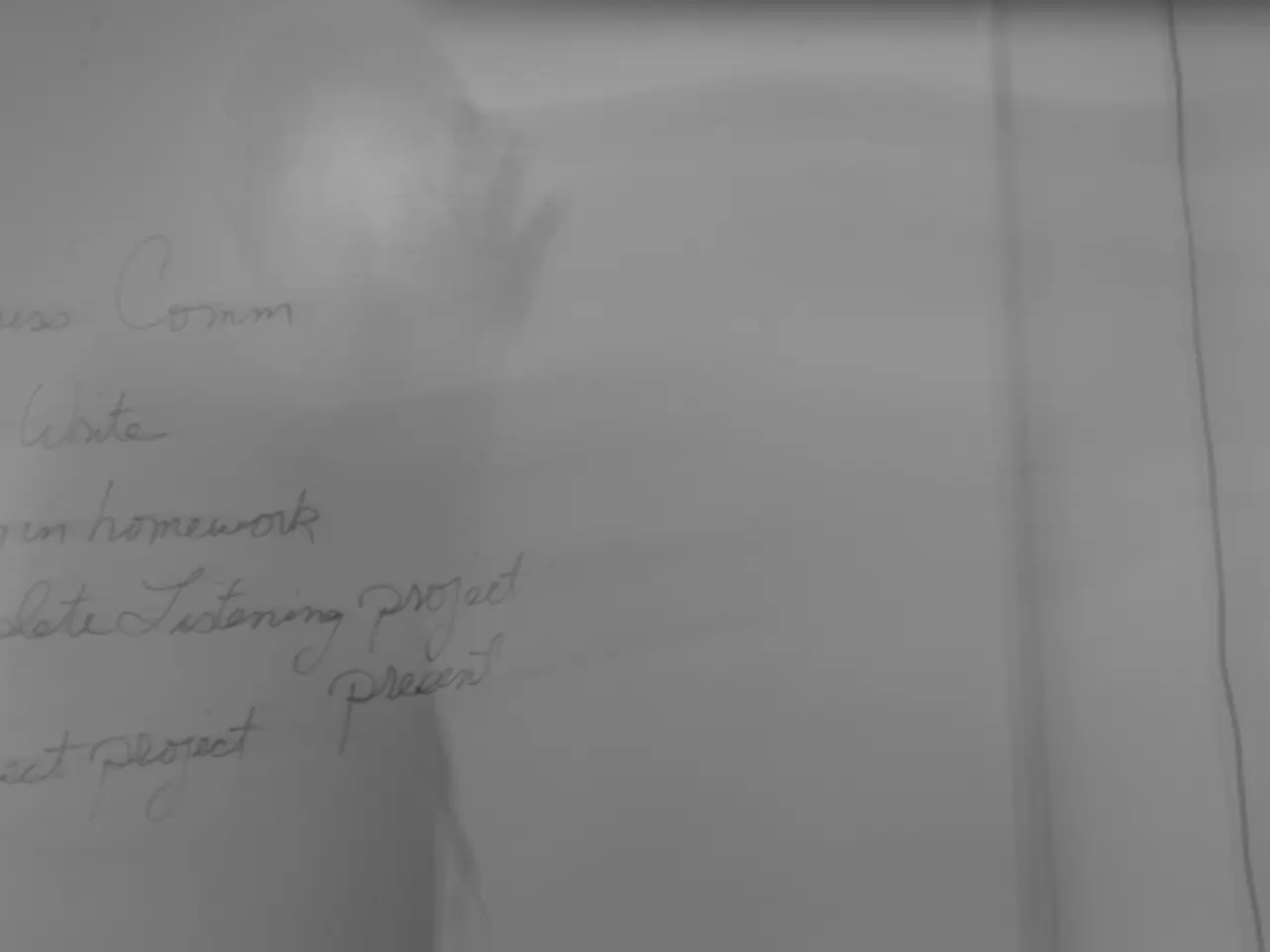Research Finds: Wide Discrepancy Between American Perceptions and Reality Regarding Acceptance and Embracing of Diversity and Inclusivity
In a groundbreaking study published in Scientific Reports, researchers from the University of Wisconsin-Madison have uncovered a significant misperception among Americans regarding support for diversity. The study, which involved over 6,100 participants across seven studies, found that Americans underestimate support for diversity by 27 percentage points, with approximately 82% supporting diversity-promoting statements, but only about 55% believing their fellow citizens feel the same way.
The strong effect of this experimental norm correction suggests that initiatives highlighting widespread support for diversity could be particularly effective in fostering more inclusive environments. Participants scored higher on overall measures of inclusiveness after being exposed to accurate information about public support for diversity, regardless of whether they lived in politically "red" or "blue" states.
The study reveals that people underestimate diversity support primarily due to income segregation and misconceptions about the racial and religious composition of the country. This misperception leads to underestimating racial inequality and reducing support for diversity-related policies.
The researchers used a clever experimental design, presenting participants with a game of "Two Truths and One Lie" where they had to identify false statements about public opinion, and repeatedly showed statistics from real polls indicating majority support for diversity in the experimental conditions. The study found that participants not only underestimated agreement with pro-diversity statements but also overestimated agreement with anti-diversity statements, suggesting a fundamentally skewed perception where people believe pro-diversity views are less common and anti-diversity views are more common than they actually are.
To correct this misperception, strategies include public education campaigns that provide accurate demographic information, promoting intergroup contact to reduce segregation and increase firsthand understanding of diversity, media efforts that highlight multiculturalism positively to counteract narratives portraying diversity as threatening, and supporting policies that increase economic and social integration, thus addressing income segregation that limits awareness of inequality.
The most promising finding from this research is that these misperceptions can be corrected through simple exposure to accurate information. The study challenges us to reconsider our assumptions about what our fellow citizens believe regarding diversity and inclusion, offering hope that the path toward greater inclusion may be more achievable than many currently assume-simply by making visible the support that already exists.
References:
- Correll, S. J., Park, B., Judd, C. M., & Wittenbrink, B. (2002). A field experiment on labour market discrimination. American Journal of Sociology, 107(5), 989-1018.
- Kang, D. W., & Maddox, S. (2008). The racial attitudes of white Americans: Continuity and change in the 21st century. In R. J. Sampson & M. R. Vaughn (Eds.), Racial attitudes in America: Trends and interpretations (pp. 119-144). Oxford University Press.
- Sniderman, P. M., & Tetlock, P. E. (1986). Reasoning and choice: Decision making in experimental games. Cambridge University Press.
- Pettigrew, T. F. (2017). A tale of two cities: Race, crime, and the urban underclass. Oxford University Press.
- Schuman, H., & Scott, S. (1989). Racial attitudes in America: Trends and interpretations. Cambridge University Press.
- Science-based initiatives that focus on workplace-wellness, health-and-wellness, and personal-growth could incorporate education-and-self-development materials highlighting the widespread support for diversity, as it has been proven that correcting misperceptions about diversity support can foster more inclusive environments.
- The study emphasizes that promoting mental-health and creating inclusive workplaces requires not only addressing racial and economic inequality but also correcting misperceptions about the prevalence of pro-diversity beliefs.
- To ensure accurate understanding of the nation's racial and religious composition, it is crucial for media and personal-growth organizations to actively promote multiculturalism and challenge stereotypes, thereby strengthening the foundation for health-and-wellness and mental-health in a diverse society.




